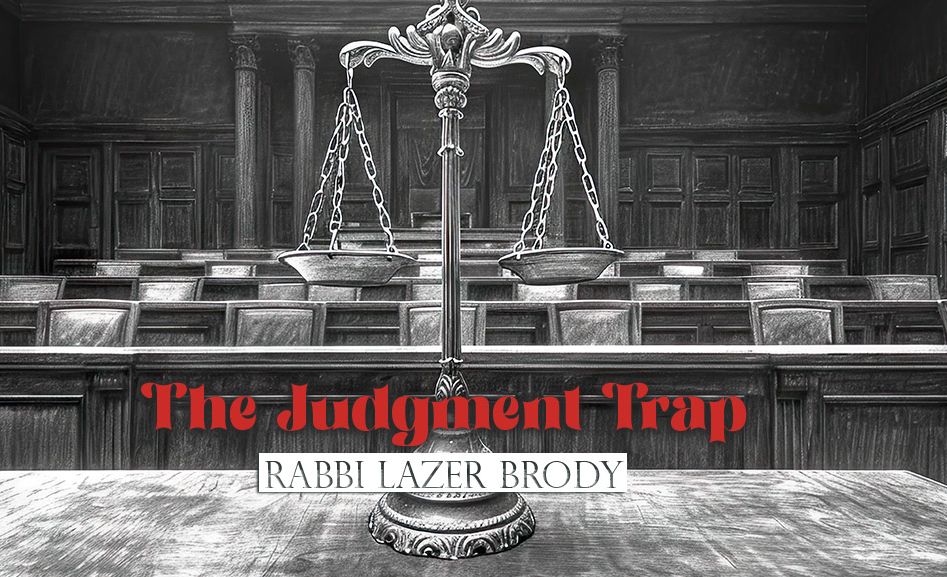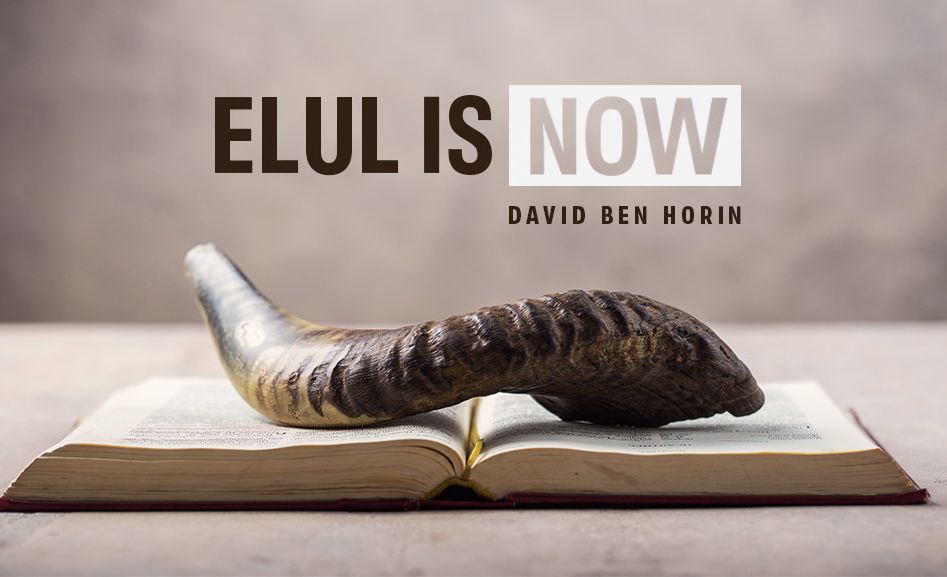
High Treason
As minister of internal security, Puzhnikov ran a crooked reign of internal terror based on bribery and protection; he swore to dispose of Vassily at all costs...

The King and the Woodsman, Part 3
In the previous episode, Vassily rises to magnificent heights and becomes the Minister of the Interior, loved by the entire kingdom…
Puzhnikov inherited his ministerial post from his father, a blue blood whose ancestors were related to the first kings of Russia. A petty, jealous, and spiteful individual, Puzhnikov loved money, vodka, and licentiousness – in that order. As minister of internal security, he ran a crooked reign of internal terror based on bribery, corruption, and protection. Puzhnikov was extremely paranoid; he would swiftly dispose of anyone who failed to flatter his disgusting ego.
More than anything, Puzhnikov hated Vassily with a poisonous passion.
Whenever someone mentioned Vassily’s name, Puzhnikov would spit, curse, and blurt, “That cursed mongrel! He hasn’t yet removed the burrs from his beard, and yet dines with the King?! Who ever heard of such a disgrace! Never in the history of Russia has there been such a scam, where a lowly dog from the backwoods dons the gown of a minister!”
For days on end, Puzhnikov would drink himself to a stupor, or pace back and forth in his lavish ministerial office like a frenzied bear in a cage. No matter how much he drank, sleep eluded his eyes. With a growl that disturbed the dead, he summoned Samenkin, the head of secret police. “I don’t care how you do it, Samenkin,” threatened Pozhnikov, with his bloodshot eyes protuding from their sockets in a frenzy. He slammed his flint pistol on his highly polished ministerial oak desk. “Within three weeks, I want an air-tight case against the country bumpkin, including charges of embezzlement and treason, complete with dates, times, places, and witnesses. Ten thousand rubles awaits you when the high court grants the death penalty, or a slit throat if you fail. I’ll have a skull on my desk – either his or yours. Now hurry!”
Samenkin executed his duties as commander of the secret police with surgical precision. He was steel-cold and heartless, a perfect functionary for his superior; neither would have any difficulty disposing of their next of kin for a suitable pricetag. Within the designated time period, Samenkin had gathered a giant dossier that incriminated Vassily in a score of major crimes, ranging from embezzling funds from the King’s coffers and channeling them over the borders to conspiracy and high treason. A master of evil, Samenkin utilized factual circumstantial evidence, including actual times and dates of Vassily’s visits to the border villages. On the foundation of several truthful facts, he built a mountain of lies with hermetically-sealed testimony: A host of witnesses were tutored, threatened, and purchased for the task. No one says no to Samenkin. He also had no desire to be the skull on his boss’s desk…

* * *
The King read the writ of accusation from the Head Prosecutor’s office. He felt dizzy and nauseous. This can’t be true, he thought, reading about Vassily’s alleged treachery against the kingdom. But law is law, and justice must run its course.
Cases of ministerial status were tried directly in the High Court. The sinister Pozhnikov bribed, threatened, and maneuvered the judges until his nephew, the pampered Count Constantinov, was named Head Justice of the tribunal that was designated to hear the case. Constantinov was also a carryover of aristocratic spoils; a brilliant thinker and an eloquent orator, he could have been a remarkable judge, had he not fallen into the influence of his uncle. Constantinov though, was perfect for the role at hand. Periodically during the trial, he strategically interrupted the prosecution, stressing salient points and rehashing the false charges and evidence, as if he was only seeking clarification of the facts. Ultimately, he delivered the lies even more eloquently than the prosecution itself.
Refusing to accept the aid of a barrister, Vassily sat alone on the bench of the accused. He listened to lie after lie, yet showed no emotion; only a telltale vein twitched from time to time on his forehead. His jaw was fixed like a block of granite.
The prosecution presented its case for two whole days. Meanwhile, Vassily was placed under house arrest until the termination of the proceedings. On the morning of the third day, High Justice Count Constantinov turned to Vassily and said with pomp formality, “The defense may present its case.”
The entire kingdom occupied itself with nothing other than the sensational trial of the woodsman-turned-minister. The courtroom was packed with hundreds of people, yet a tense silence filled the air. All eyes turned to Vassily. Could he pierce the iron bulwarks of the prosecutor’s case?
Vassily rose to his full height and looked directly at the supercilious Constantinov. “I shall not waste my breath on unravelling the inconsistencies of the prosecution’s case, for it is all lies. You, High Justice, have broken every rule of jurisprudence; truth and justice have alluded this courtroom. It is surely a shameful day for the kingdom when the High Justice argues the prosecution’s case for them. You, sir, have obviously swayed your two colleagues. Words of truth are divine; I shan’t grace this odious room of lies and distortion with words of truth.”
Pozhnikov went beserk, jumping out of his seat next to the Chief of Prosecution. “What insolence! Contempt of court! This is an outrage!”
Constantinov’s faced became a flush pink then an ashen white. Vassily’s admonition pierced his heart like a saber. He gulped, cleared his throat, and reassumed his peremptory High Justice’s manner, and addressed his uncle with an ersatz calm, “Please, calm down Mr. Minister of Internal Security, any contempt of court is dwarfed by the charges at hand. We shall recess for two hours, and then state our verdict.
* * *
Two hours later, to no one’s surprise, the court reconvened to announce the verdict of guilty on all counts; the sentence – “Vassily Avramovich Zlotnick shall hang by the neck until dead, ten days from today. The accused has the right to issue one request before the execution of sentence.”
To be continued.














Tell us what you think!
Thank you for your comment!
It will be published after approval by the Editor.